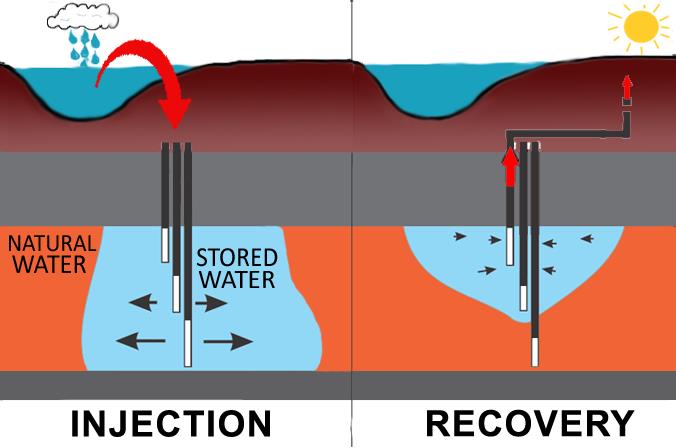Carbon Sequestration
Restricting terrestrial temperature rise to under 2oC by limiting industrial era carbon dioxide emissions to less than 800 gigatons cannot be achieved without storing anthropogenic CO2 deep in the subsurface. Based on seven years of experience supporting a Department of Energy pilot-scale study for developing Carbon Capture Use and Storage technology, our suite of consulting service runs the gamut, including feasibility studies, reservoir characterization, injection well permitting, multiphase modeling, monitoring technologies, and regulatory compliance.
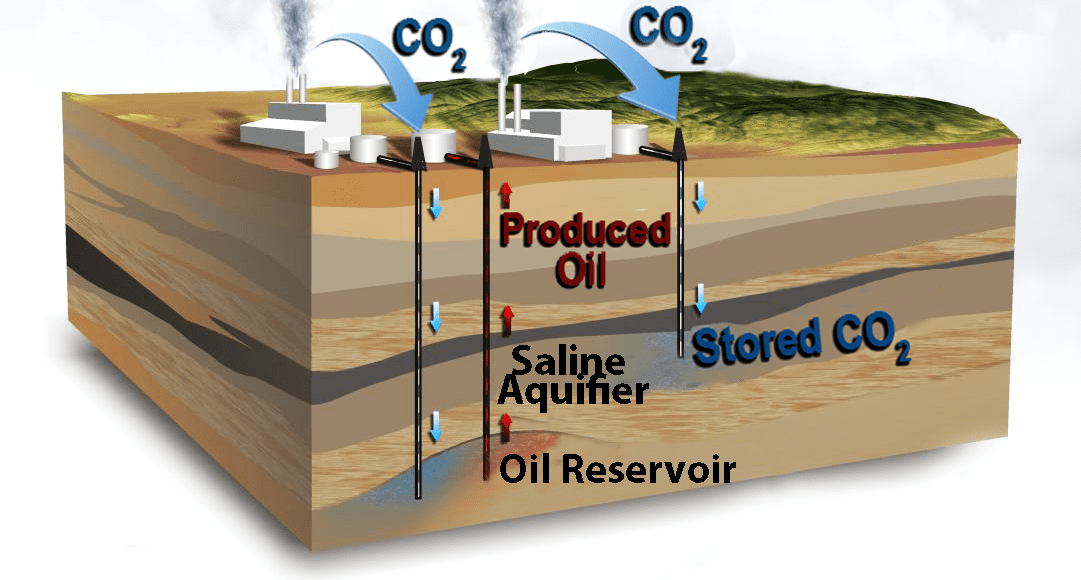
Hydrogeology
Discovering the nature of fluid movement in the subsurface is our specialty. We have a highly experienced team of hydrogeologist to address complex issues related to aquifer testing and characterization, aquifer storage and recovery, wellfield design, and underground injection control to name a few areas of expertise. We specialize in coupling simulation models with optimization algorithms to address a wide range of engineering challenges including wellfield energy optimization, aquifer parameter estimation, and developing remediation strategies.
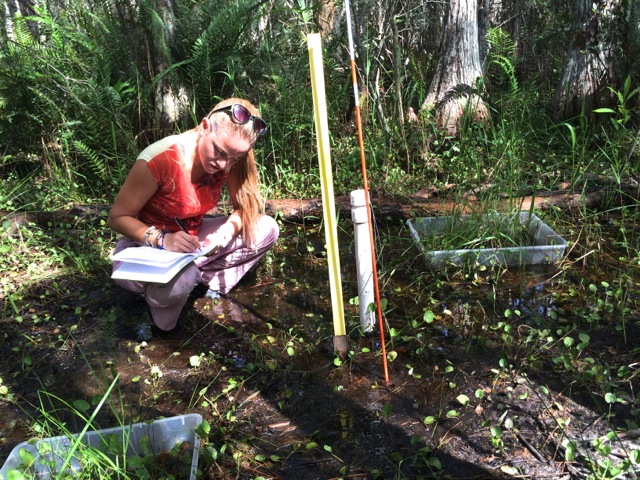
Hydraulics & Hydrology
Our team has broad-based consulting and research experience in the areas of watershed hydrology, urban hydrology, storm water management, performance and design of hydraulic structures, modeling, bridge scouring, flood frequency analysis, open channel and pipe flow, stream restoration, landfill drainage systems, sediment transport, and stream environmental dispersion processes. The research conducted by one of our team members has been incorporated in the American Society of Civil Engineering Manual of Practice on Hydrology and Water Quality.
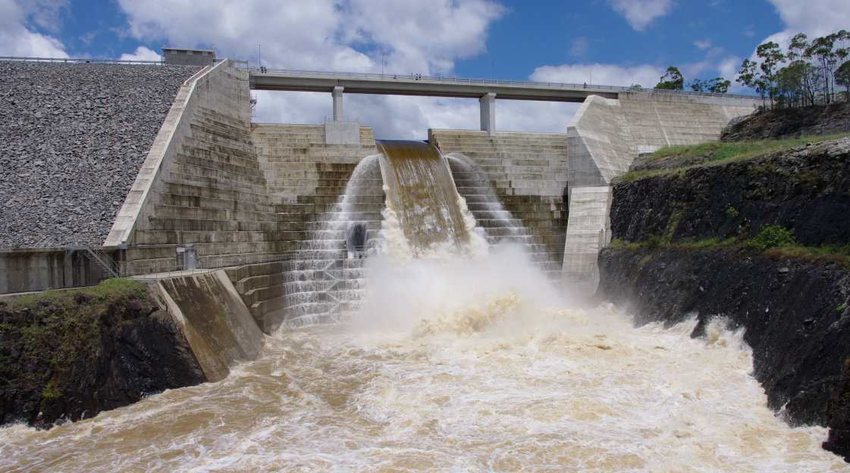
Induced Seismicity
Injection of waste fluids in deep formation associated with tertiary oil recovery and fracking has caused earthquakes throughout the United States. This problem also needs to be addressed in order to successfully sequester carbon dioxide deep in the ground for climate change mitigation. Tbirdie Consulting was one of the first organization to demonstrate a methodology for addressing the risk of seismicity at a carbon sequestration site, and has the expertise to characterize the subsurface for seismic risk and develop safe injection strategies.
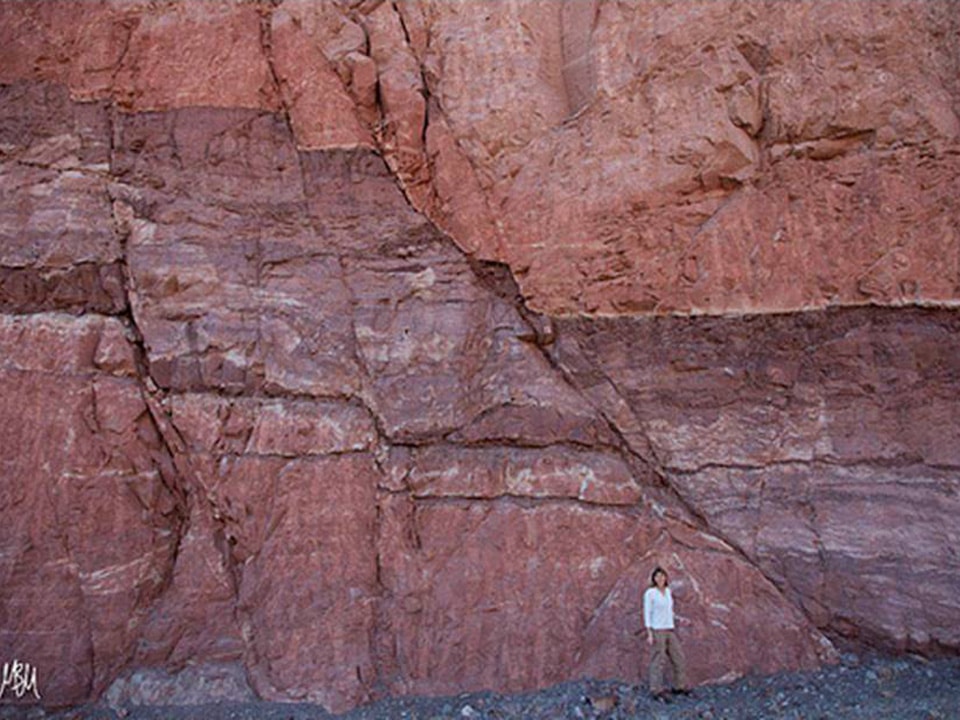
Environmental Studies
We conduct field studies for environmental characterization and provide advanced modeling services for predicting the fate and transport of contaminants under uncertainty. The multiphase transport modeling can account for a wide range of bio-physico-chemical phenomenon including advection, dispersion, decay, chemical and nuclear chain reactions, microbial transport, sorption, and diffusion. Our expertise in systems optimization permits integration of models with efficient global optimization schemes to develop effective remediation strategies.
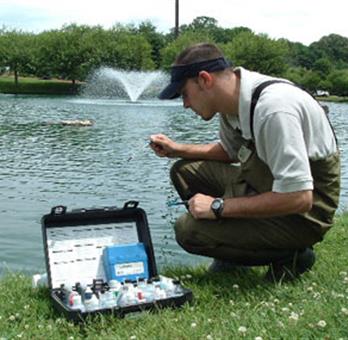
Geothermal Systems
Leveraging the potential of earth to store and retrieve energy is a viable and effective climate change mitigation technology. Such systems require a deep understanding of the conductive and convective modes of heat transfer in the subsurface. We provide expertise in geothermics and groundwater flow to design highly efficient and cost effective ground source heat pump HVAC systems, which have been demonstrated to greatly reduce energy costs and the carbon foot print.
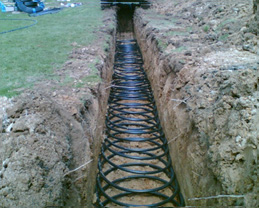
Geospatial Technologies
Our team specializes in building customized Geographic Information Systems to aid in spatial data analysis and interpretation, data mining, visualization, regulatory compliance, and map generation. These geospatial apps integrate backend infrastructure technologies, content management, and modern visualization techniques resulting in a relevant display of large and complex data without overwhelming the user and enabling intelligent and informed decision-making.
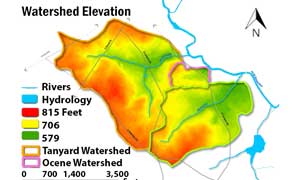
Aquifer Storage & Recovery
ASR is cost effective technology to mitigate the impacts of declining groundwater levels. It involves capture and injection of surface water into aquifers for reuse during periods of high demand. Our team has decades of experience in all aspects of designing and operating an effective ASR system including feasibility studies and economic analyses, site selection, geochemical analyses, groundwater modeling, permitting, construction, monitoring, conducting post-injection audits, and optimizing field operations.
